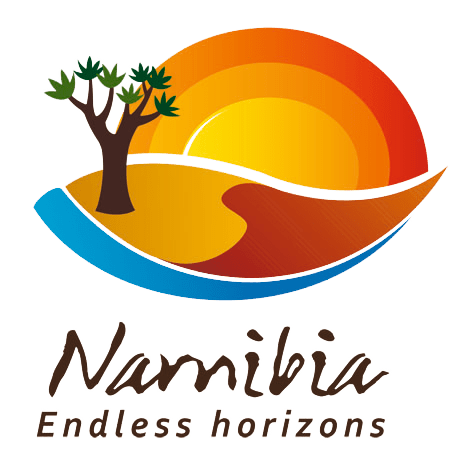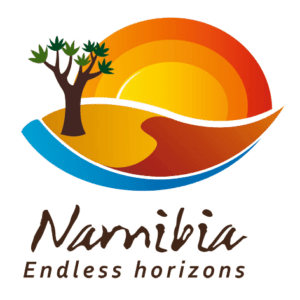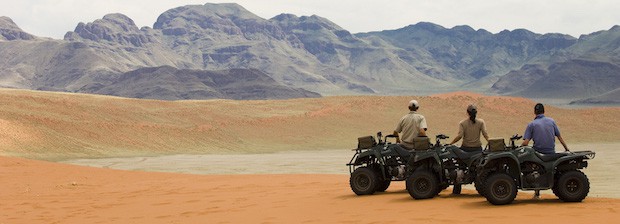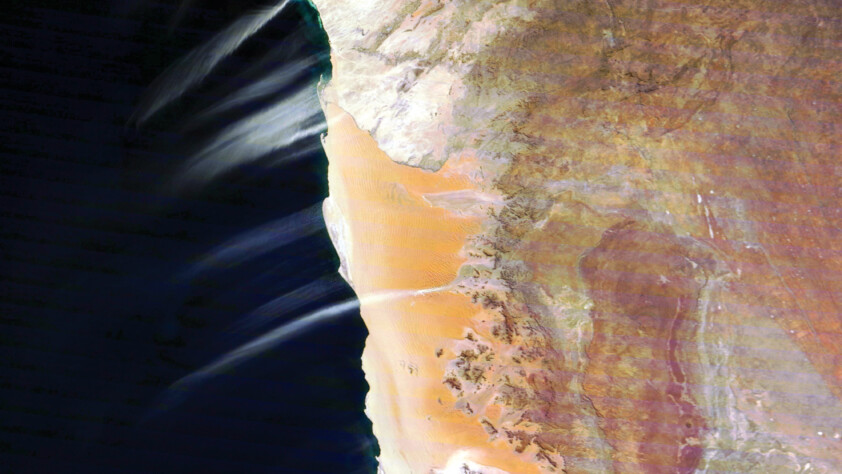There’s a new Arts & Crafts Centre in the holiday town of Swakopmund and it’s 100% Namibian. On the surface, it is a fantastic venue for locals and tourists to soak up Namibian art and enjoy something to eat and drink at the new Yambeke restaurant. But at its heart lies a grander ambition: the training and uplifting of local artists. Namibian people have a vibrant, diversified culture, which this Centre wants to promote and develop.
You May Also Like
The Centre provides a fantastic venue for open-air events – keep an eye out for the latest happenings on the COSDEF Arts & Crafts Facebook page.
The Centre is a project of COSDEF (Namibia Community Skills Development Foundation); a non-profit organization that provides disadvantaged communities, unemployed youth, and vulnerable people the opportunity to learn skills to earn an income. The Swakopmund Centre helps the community to develop the skills needed to be self-sustainable by providing an outlet for products and artisans as well as training and mentorship programs (these programs include business and design skills).
The Centre offers a host of different art courses ranging from an Introduction to Fine Arts, to Jewellery and Fashion design. The Centre has its very own craft shop and Gallery that showcases 100% Namibian craft sourced from all over the country.
It also provides a space for small retail shops where local businessmen and women have the opportunity to both produce and sell their goods – jewelry, knitting, t-shirt printing, textiles, photography, artwork, and local food. You’ll also find some well-known local artisans at the Centre – Karakulia Weavers, Desert Hills’ Nara products, and Kubatsirana Helping Hands.
The Sperrgebiet National Park
Instead of: KolmanskopThe Sperrgebiet National Park stretches from Luderitz down to the Namibian Border. The Sperrgebiet (which is German for “Protected Area”) was a diamond-rich area on the coast of Namibia that was completely off-limits to the public for decades. In 2009 the Sperrgebiet was proclaimed as a national park and now locals and visitors can explore the Sperrgebiet National Park like never before.
The interior of an abandoned building deep in the Sperrgebiet. The area has several abandoned and semi-abandoned mining towns and settlements. These relics from the diamond boom years have since been left to be all but swept away by the passage of time and the howling winds and shifting sands of the Namib Desert. Pomona is one such abandoned town.
The park stretches over a massive 26,000 square kilometers, and because it has been off-limits to the public for almost a century the natural environment is in pristine condition. Over a thousand plant species, 120 terrestrial bird species, hundreds of reptile species, and over 80 different kinds of mammals call the area home. 25% of Namibia’s entire flora can be found in the Sperrgebiet. This National Park is full of incredible, and surprising landscapes.
Onkoshi Resort in Etosha National Park
Instead of: Namutoni, Okaukuejo, Halali, DolomiteThe Zambezi Region
Instead of: Desert landscapes. The Zambezi Region is bordered by Zimbabwe, Angola, and Zambia.The Land of the Brave is famous for its vast landscapes and sweeping deserts, but not many people know that in the northern regions of the country there is a lush and verdant corner of the world: This region is the Zambezi Region (formerly the Caprivi Region). The riverine landscape makes for unique photo opportunities in Namibia.
The northeast corner of Namibia is chock full of birdlife, wildlife, and flora making it unlike any other part of our most arid nation. The perennial rivers in the region ensure that there is plenty of water for plants and food for the local fauna and this makes it a stunningly verdant place. There are amazing photo opportunities when the local wildlife come down to the rivers.
You can read everything we have published on this fascinating region of our country by clicking here. If you follow that link you will be able to begin planning a trip to the greenest corner of Namibia. A boat making its way through the incredible scenery of the Zambezi Region.
Special Mention: The Naukluft Mountain Range
Since we’re talking about some of the best places to exercise your photographic muscles we just can’t help but mention an often forgotten geological wonder of Namibia: The Naukluft Mountain Range in the Naukluft National Park. Here the dunes and sand of the Namib Desert give way to towering mountains and deep canyons. An aerial view of the Naukluft Mountains. The Sesriem Canyon can be found in this national park.
The park is filled with attractions and accommodation options and is fairly easy to get to and explore on your own steam. For more information check out the Namibia Wildlife Resorts page on the national park.
Remember, anyone can take a fantastic picture of an amazing site, but truly great photography sometimes means getting off the smooth tarred roads and heading into the wilder parts of a country. Hopefully, this list will inspire all the budding photographers out there to hit the road and capture the less explored side of Namibia.





2 Comments
It is really a great and useful piece of information.
I am satisfied that you shared this helpful info with us.
Please stay us up to date like this. Thank you for sharing.
What’s Happening i’m new to this, I stumbled
upon this I have discovered It absolutely useful and it has aided me out
loads. I hope to contribute & help different users like its aided me.
Great job.